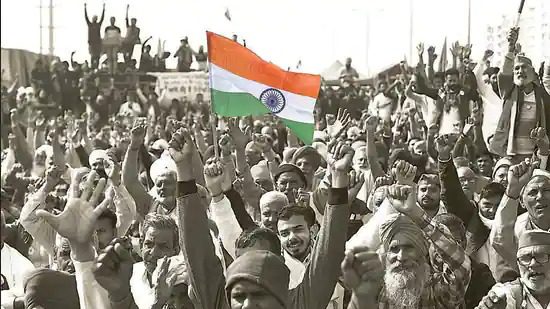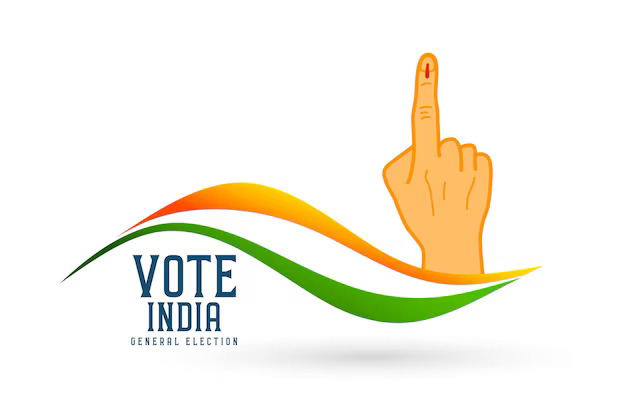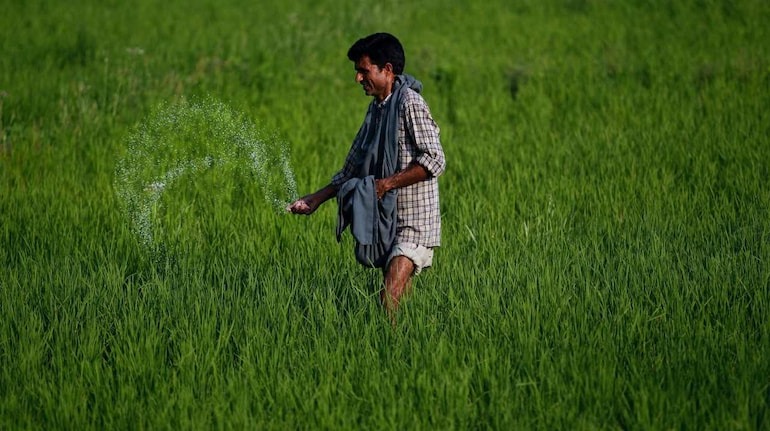
Scholars are convinced that democracies can be established at any level of income but they do not survive at a low level of income. With few exceptions, countries at higher levels of income tend to have stable democracies. Adam Przeworski, a leading Polish American Professor of political science, calculates that since World War II, 70 democracies in poor countries have died, whereas, of the 37 democracies in the richer world, none collapsed. So Przeworski concludes “No democracy ever fell in a country with a per capita income higher than that of Argentina in 1975, $6000.
India has just crossed $2000 per capita income. And in 1947, India’s per capita income was not more than $200 using today’s price. Thus India’s longevity is unique. Przeworski calls India a remarkable exception.
Scholars have come to believe that in poor societies, politics is a do-or-die situation. Since governments so heavily determine or decide economic opportunities at a low level of income, the capture of political power greatly enhances one’s and supporting group’s economic chances, and loss of power can spell doom. It is common for this doom to include imprisonment and a form of extreme vengeance. In contrast, at a high level of income, the economy becomes complex and opportunities can be pursued in many sectors not dominated by the government. Loss of political power does not entail an abrupt and total closure of opportunities. Acceptance of election defeat is not overly costly.
Thus, we find less political feud which tends to flourish the democracies in rich countries.



Amol T. Ghotekar
In my opinion Our Guiding Force and Father of Constitutional, Democratic, Secular India, Babasaheb Dr. B. R. Ambedkar have Elucidated Democracy in the best words as follows:-
My definition of democracy is – A form and a method of Government whereby revolutionary changes in the social life are brought about without bloodshed. That is the real test. It is perhaps the severest test. But when you are judging the quality of the material you must put it to the severest test.
Democracy is not a form of government, but a form of social organisation.
Democracy is not merely a form of Government. It is primarily a mode of associated living, of conjoint communicated experience. It is essentially an attitude of respect and reverence towards our fellow men.
Political democracy cannot last unless there lies at the base of it social democracy. What does social democracy mean? It means a way of life which recognizes liberty, equality, fraternity and Justice as the principles of life.
Constitutional morality is not a natural sentiment. It has to be cultivated. We must realise that our people have yet to learn it. Democracy in India is only a top-dressing on an Indian soil which is essentially undemocratic.
On the 26th of January 1950, we are going to enter into a life of contradictions. In politics we will have equality and in social and economic life we will have inequality.
In politics we will be recognizing the principle of one man one vote and one vote one value.
In our social and economic life, we shall, by reason of our social and economic structure, continue to deny the principle of one man one value.
How long shall we continue to live this life of contradictions?
How long shall we continue to deny equality in our social and economic life?
If we continue to deny it for long, we will do so only by putting our political democracy in peril.
We must remove this contradiction at the earliest possible moment or else those who suffer from inequality will blow up the structure of political democracy which this Assembly has so laboriously built up.
thesamiksha9
Thank you, Amol for commendable comment!